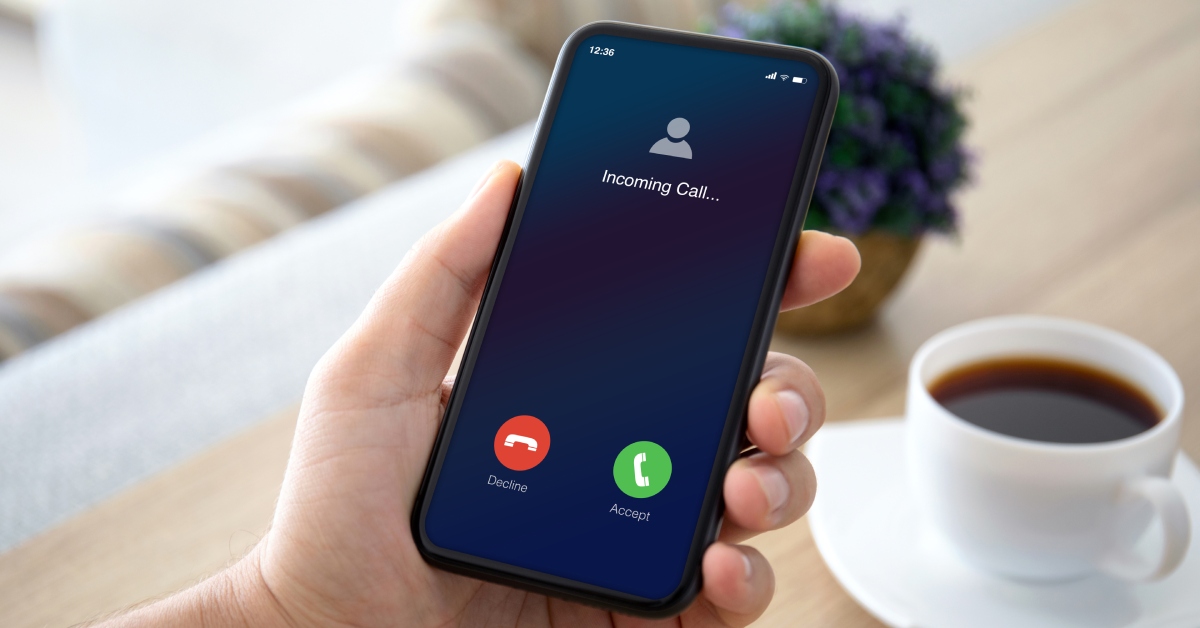The rise of digital communication has made cell phones an indispensable aspect of our daily lives. However, as our conversations stretch across the invisible streams of data, so does the potential for them to be swiftly intercepted and exploited. For privacy advocates, tech enthusiasts, and everyday mobile device owners alike, safeguarding personal calls isn’t just a luxury—it’s becoming a necessity.
Voice encryption technology offers a powerful solution, providing a secure way to fortify your communications. Secure your conversations today with the help of our guide to voice encryption with cell phones. Understanding the power of modern encryption is the key to navigating conversations with more peace of mind.
Introduction to Voice Encryption
Voice encryption is a method that scrambles voice data into an unreadable format, ensuring that only the intended recipient can decode it. At its core, encryption relies on algorithms that convert your voice into encrypted data packets during a call. These packets travel over the network and are eventually decrypted back into audible sound on the other end. Encryption makes it so that even if someone intercepts the data mid-transit, the encoded information remains unintelligible without the correct decryption key.
The idea of your voice being fully encrypted may sound strange, but when you speak into a mobile device, it stores that information as data, just as it would an email or text. Of course, how or where the data is officially stored varies depending on your applications, such as voice messages or phone calls.
Today’s Encryption Tech
Modern encryption systems use methods such as the Advanced Encryption Standard (AES) and end-to-end encryption to provide robust protection. End-to-end encryption ensures that only the communicating devices and not the service provider hold the keys to decrypt messages. This fundamental aspect makes encryption a vital component of secure communication.
Importance of Voice Encryption in Today’s Digital World
The necessity of voice encryption has grown exponentially in an age where cyberattacks and surveillance are increasingly sophisticated. Cybercriminals can exploit unsecured channels, gaining access to sensitive information like bank details, business strategies, and personal conversations. For journalists, activists, political figures, and even everyday people, these breaches can have life-altering consequences.
Voice encryption counters these threats by preventing eavesdropping, securing confidential information, and preserving the sanctity of personal conversations. Simply put, encryption empowers users by delivering control over their communications and establishing trust in the digital world.
 How Voice Encryption Works With Cell Phones
How Voice Encryption Works With Cell Phones
Voice encryption for cell phones involves combining software and hardware to protect your calls against interception. Dedicated encryption mobile apps—or even secure hardware devices—convert your voice into encrypted signals as soon as you initiate a call. These signals are successfully transmitted through the cellular network or the internet via a voice over internet protocol (VoIP).
You can find cell phones and mobile networks specifically designed for top-tier encryption. For example, at Connecta Mobile, we have encrypted cell phones that help anyone elevate their digital security. Whether you want to secure your professional conversations, personal conversations, or both, an encrypted cell phone will help.
Keeping Your Conversations Secure
Decryption occurs seamlessly on the recipient’s phone, provided they’re using the same encryption protocol or app. Many systems rely on end-to-end encryption, wherein the data is securely encrypted on the sender’s device and only decrypted on the recipient’s device. No third party, including the app provider or a network operator, can access the communication in transit.
Encrypted calls differ from traditional calls by requiring both participants to use software or devices compatible with the encryption protocol. While some providers offer dedicated apps for encrypted communication, others integrate encryption into VoIP calling platforms or secure smartphones built for high security standards.
Tips for Using Voice Encryption Effectively
Any comprehensive guide on voice encryption with cell phones must also look at practical tips to consider. Identify trusted encryption apps tailored to your needs. While apps like Signal are straightforward and effective for personal use, business users may benefit from enterprise-grade solutions like Silent Phone. Whichever application you choose, confirm that it’s reputable and suitable for your specific application.
Next, keep your software updated. Developers frequently patch vulnerabilities, so running the latest version provides maximum security. Stay mindful of endpoint security. If a device is already compromised by malware, encryption may not protect your communications.
Finally, choose strong passwords for your app accounts wherever applicable, and avoid relying on public or unsecured Wi-Fi networks, as they’re often vulnerable entry points for hackers. Remember that voice encryption, when layered with good security practices, offers the best protection.
Troubleshooting Common Voice Encryption Issues
Despite its secure nature, voice encryption might encounter occasional technical issues that can impede smooth communication. Troubleshooting these problems often involves assessing network connectivity, app settings, and device compatibility. Check that both parties involved in the call have a stable internet connection, as your technical difficulties may be outside of the encryption solution itself.
Confirm that you’re both using compatible apps or encryption protocols, updating them to the latest versions available. Misconfigured settings can also lead to complications; review app and device settings to confirm that encryption is properly enabled. If issues persist, consult customer support from the service provider for additional assistance to maintain secure, efficient encrypted communication.
 Empowering Users With Secure Communication
Empowering Users With Secure Communication
Voice encryption isn’t merely a technological feature—it’s an essential defense in safeguarding the integrity of personal and professional communications. For individuals who prioritize privacy and data protection, encrypted connections transform every conversation into a secure haven, invulnerable to prying eyes and unauthorized access.
Despite the complexities surrounding encryption, adopting these technologies is becoming increasingly critical in the modern digital era. As cyber threats become more advanced and prevalent, the need for secure communication methods grows.
For many, the choice to encrypt is intrinsically linked to the preservation of digital freedom and privacy rights. It’s not simply about sheltering data but endorsing a future where privacy is revered and protected by default. Equip yourself with the knowledge and tools necessary to protect your conversations from unwanted intrusion.
